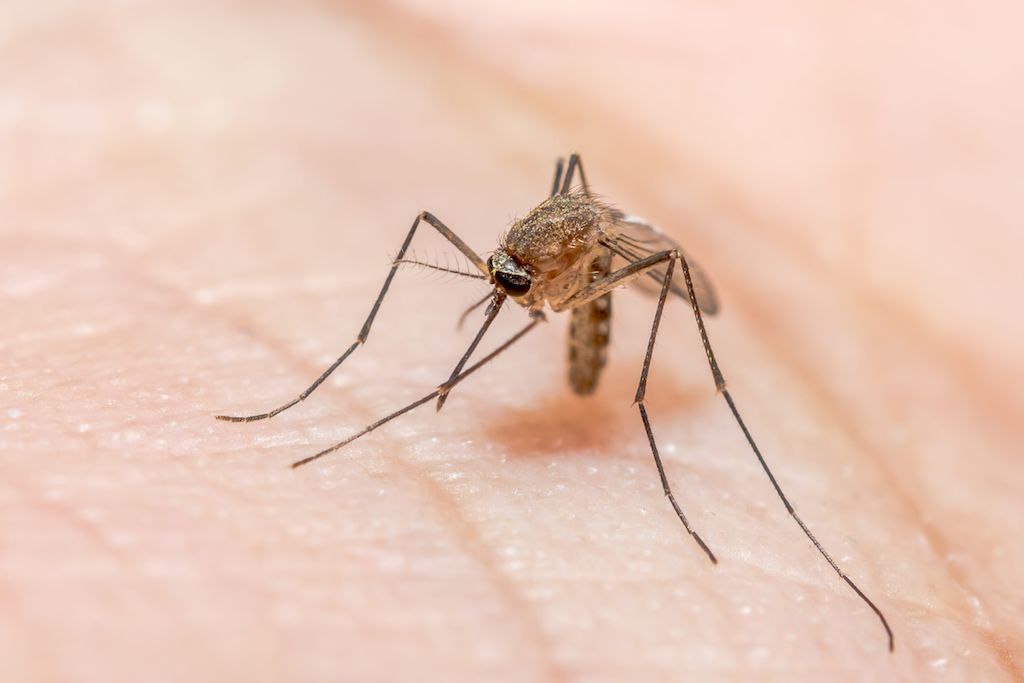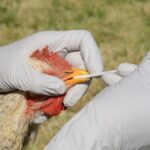Year in year out, governments and donor agencies expend huge amounts of resources for treatment and prevention of malaria in Kano State in particular and the country in general, but the problem seems insurmountable.
Recently, Civil Society in Malaria Control, Immunisation and Nutrition (ACOMIN), a non-governmental organisation engaged by Catholic Relief Services and funded by Global Fund Malaria Grant to implement the civil society component, said there were still challenges with regard to the issue of tackling the disease in the state.
- Residents groan as prices of commodities skyrocket in Kano
- Kano: Court remands man for allegedly raping 7-year-old girl
During an advocacy focus media meeting of the organisation, the state Programme officer of ACOMIN, Malam Sheriff S. Abubakar, said though the COVID-19 pandemic had disrupted activities in all facets of life, there was the need to draw attention to the malaria issue, “especially now that we are in mosquito-breeding season.”
To confront the problem in the state, Governor Abdullahi Umar Ganduje said his administration, in collaboration with Malaria Consortium, had earmarked about N3 billion for malaria prevention activities in the state.
The governor announced this while flagging-off the state’s Seasonal Malaria Chemoprevention along with Maternal New-born and Child Health Week, at the palace of the Emir of Bichi.
The governor assured that the government would do everything humanly possible to get rid of malaria in the state, which he said was one of the health problems disturbing societies in tropical Africa, adding that, “we cannot afford to lose this fight against malaria”.
However, on the question of what was needed to be done differently to win the fight, like ACOMIN, a special investigator of the federal ministry of health on malaria elimination programme, Dr Abdussalam Yayo Manu, said “Malaria control is scientific and Nigeria, under the 2014-2020 National Malaria Strategic Plan, has adopted three methods by which they intend to achieve pre-malaria elimination status.
“These methods are: one, using drugs to prevent or treat malaria cases; two, trying to reduce the number of mosquitoes responsible for transmitting malaria by using treated nets and indoor residual spraying of insecticide. The third method is environmental management by making the environment unfavorable for mosquito breeding.”
He said, unfortunately, governments kept repeating the first method every year while giving little or no attention to the other two methods.
Plans for the control of malaria must be diligently implemented and to achieve that there must be a political will and sincerity from all stakeholders, he added.
Dr Manu also said there must also be adequate investment by the governments while dependency on donor agencies to achieve control of a public health disease like malaria must be discouraged, adding that the control approach should be accompanied with operational research.
On his part, the Chief Medical Director of the Muhammadu Buhari Specialist Hospital, Kano, Dr. Zakari Dahiru, said the issue of malaria elimination was a complex one.
“There are human, environmental and other factors and without effective control of the environmental factor, the human factor will not come into play.
“Government is doing its part by giving free antimalarial drugs. But the question is are they reaching out to, especially, the vulnerable group which is children under five? If they are doing that then, they are doing their part.
“In terms of environmental control, the government could do 30 percent while the society has to do the remaining 70 percent, because the government will not keep your houses clean, you have to do that yourself.
“When it comes to the issue of environment and personal hygiene, people have a lot to do, and unless they do that, we’ll not be having the desired results,” he said.

 Join Daily Trust WhatsApp Community For Quick Access To News and Happenings Around You.
Join Daily Trust WhatsApp Community For Quick Access To News and Happenings Around You.


